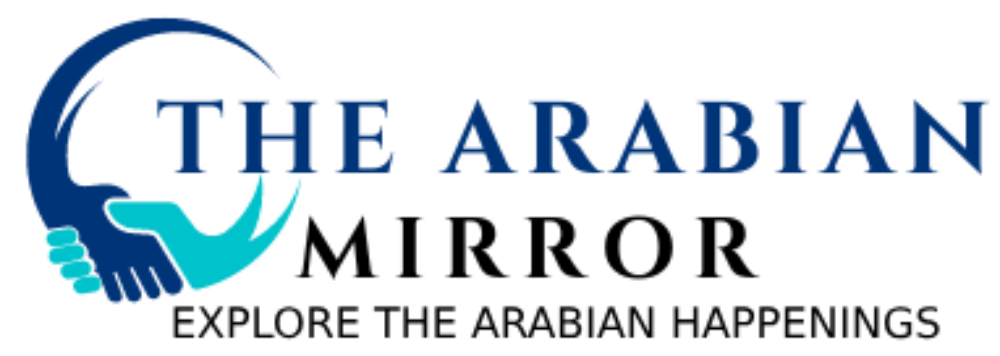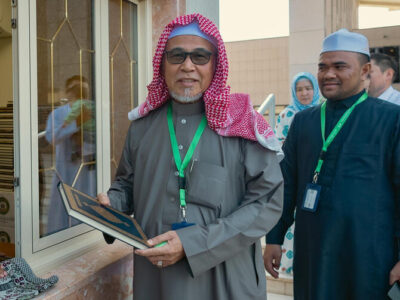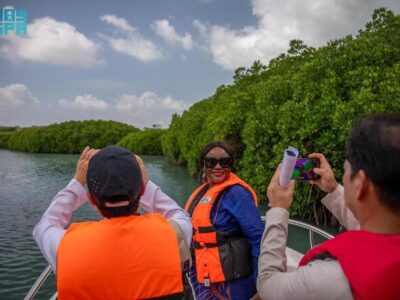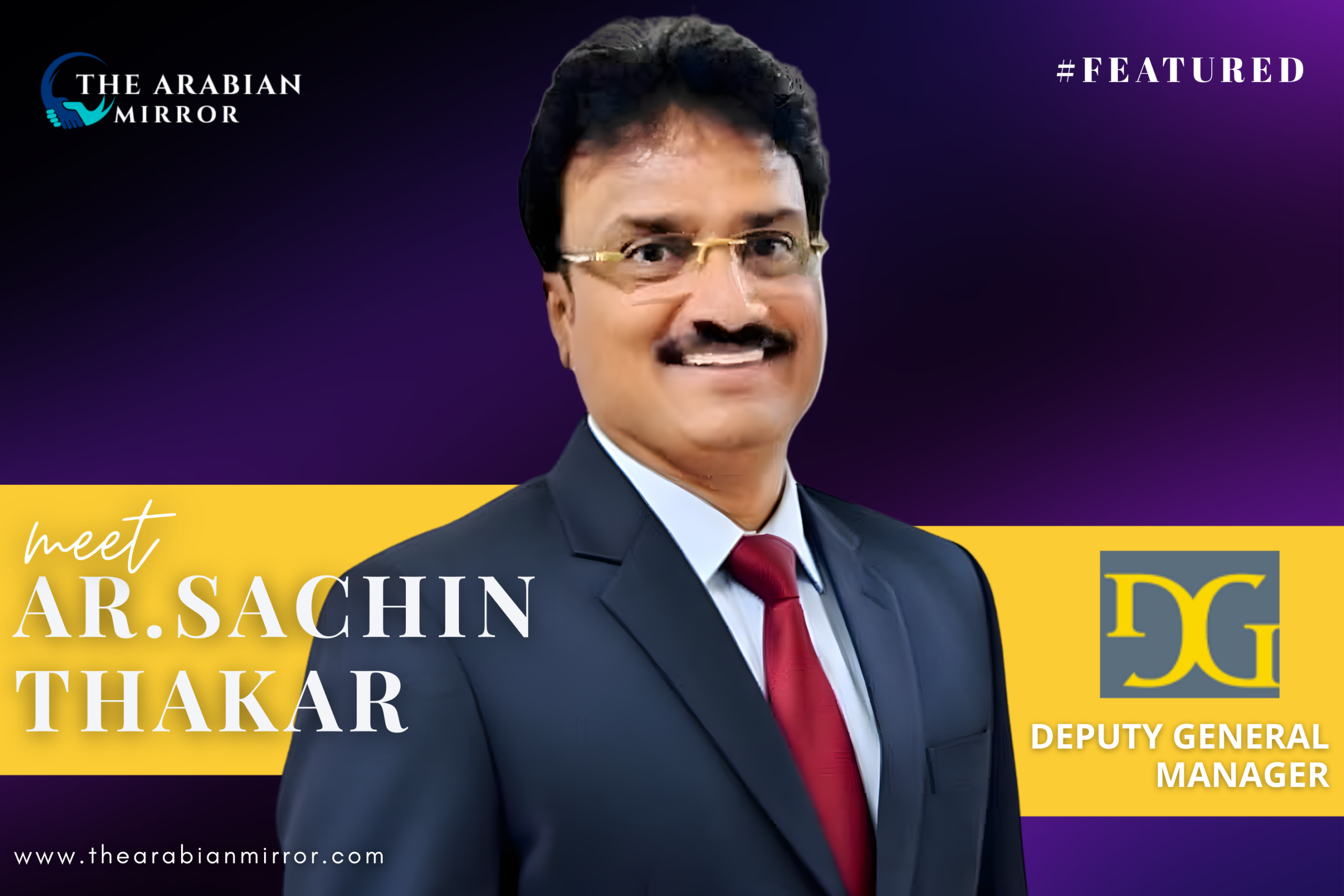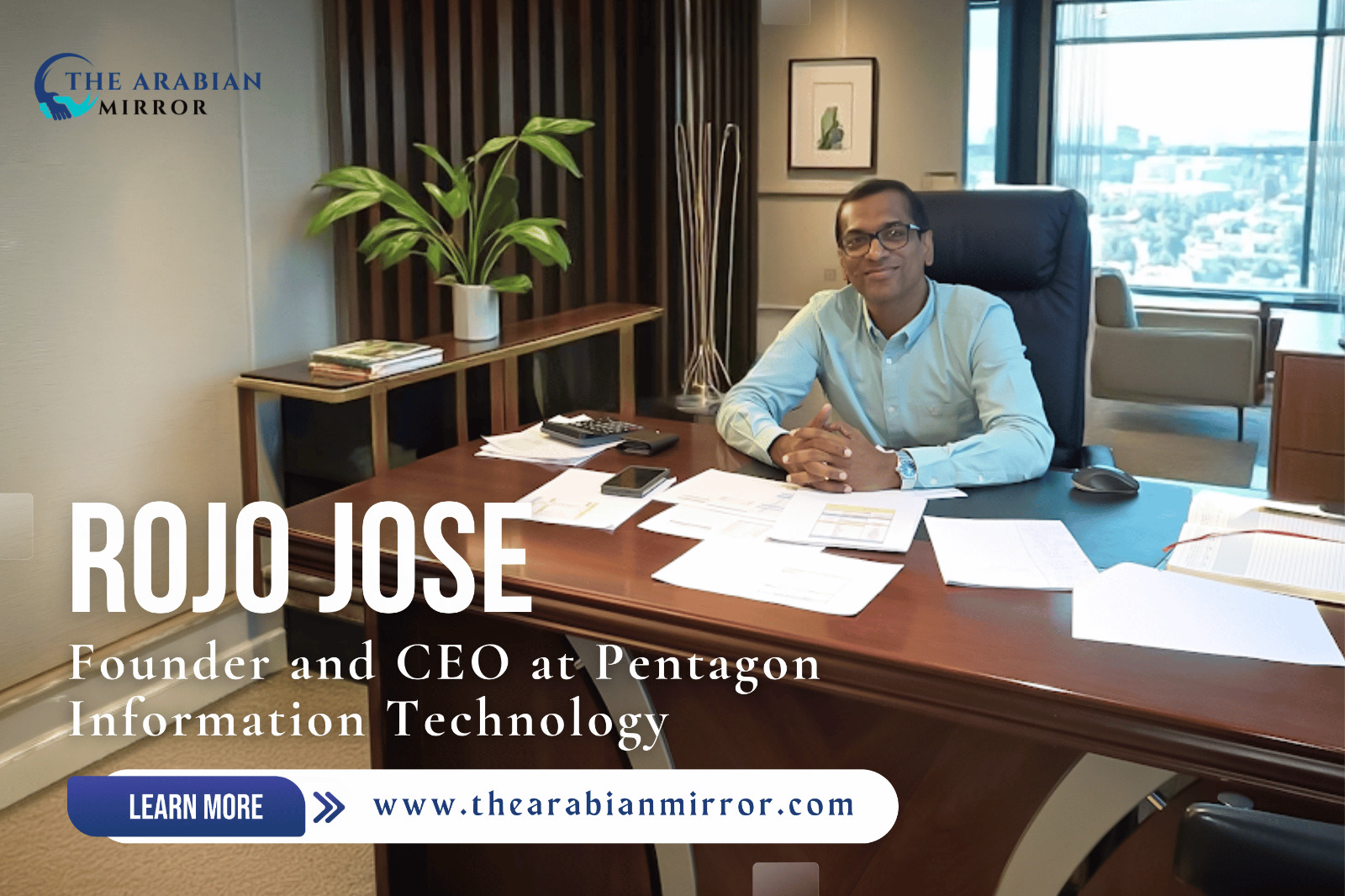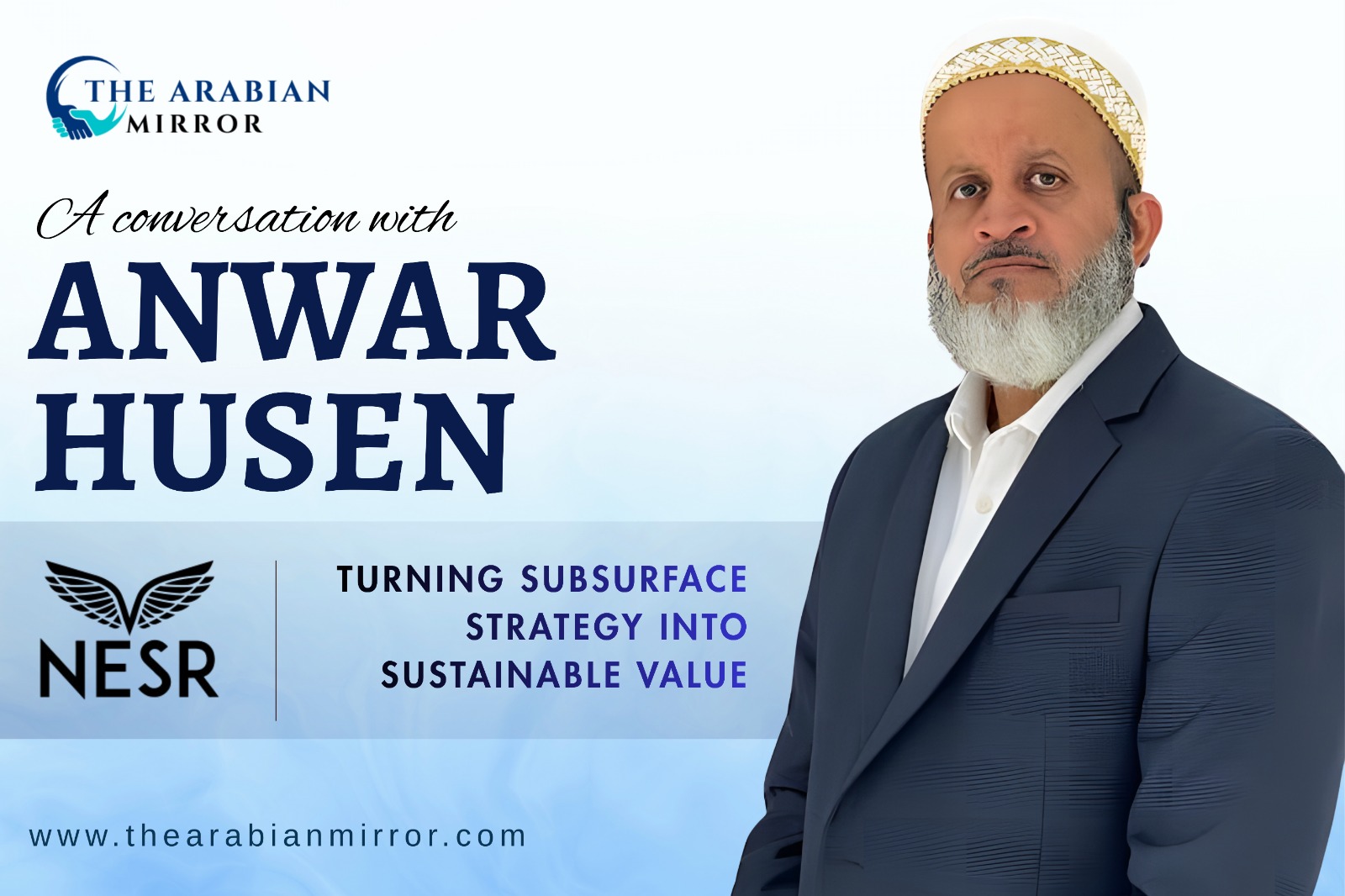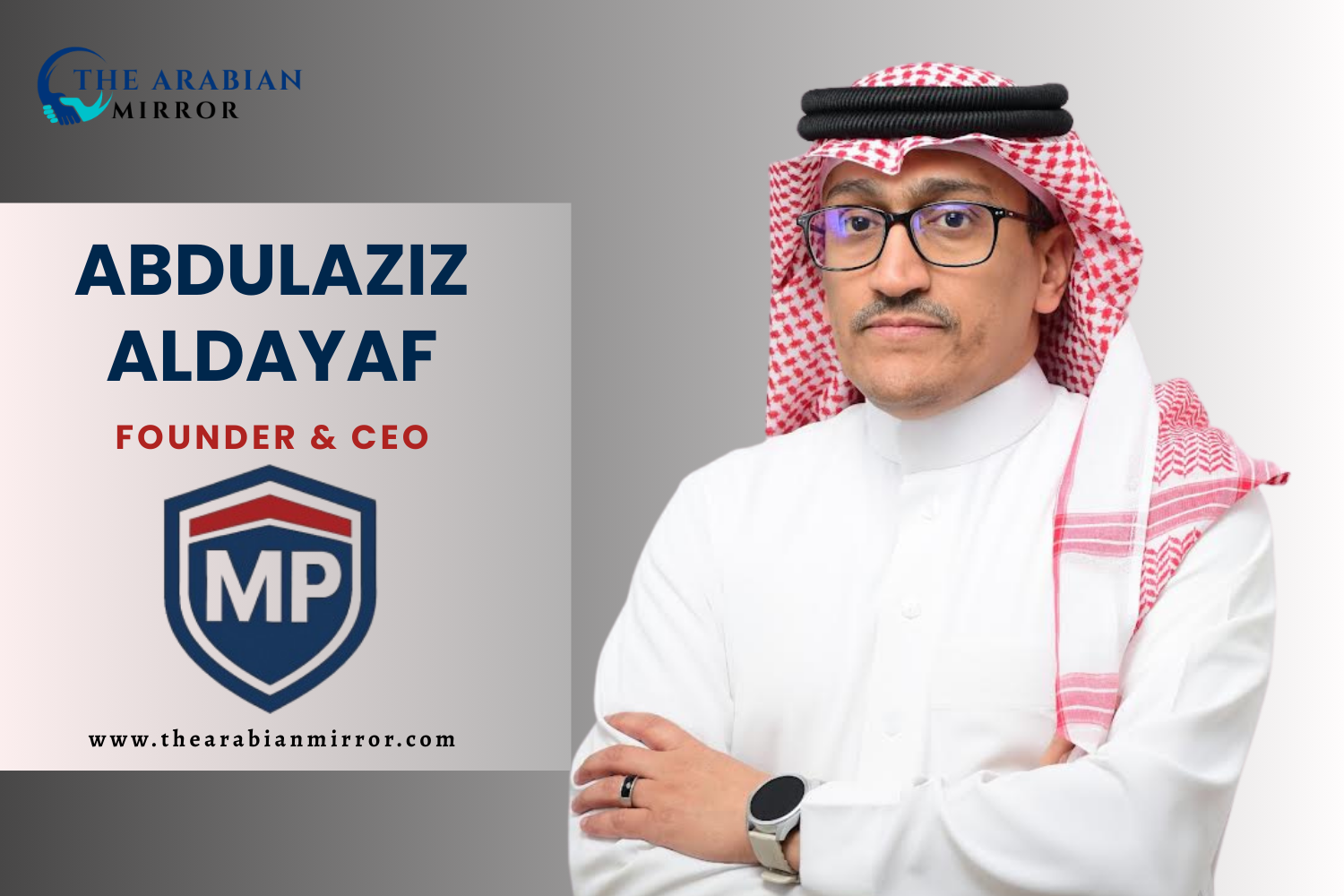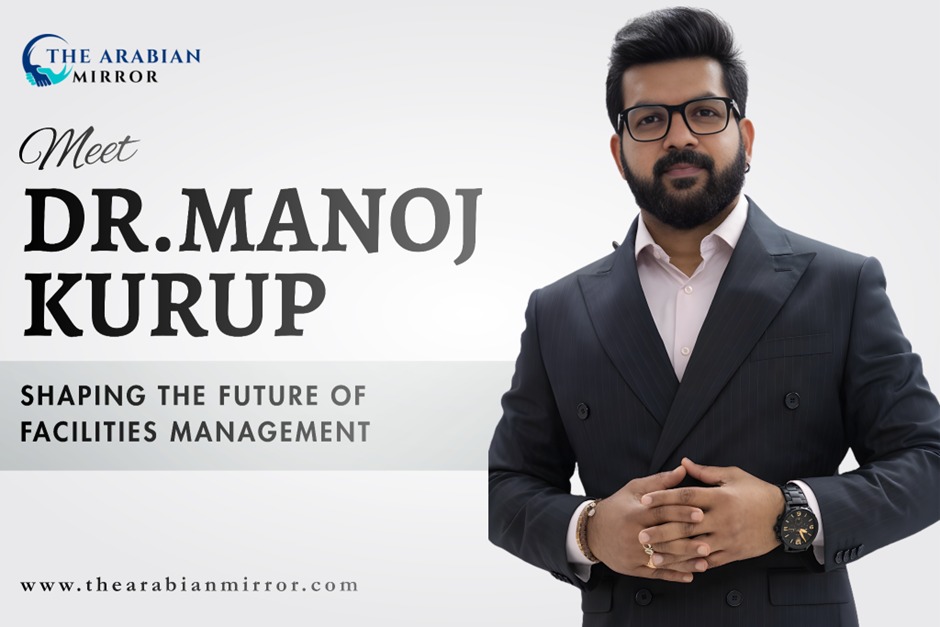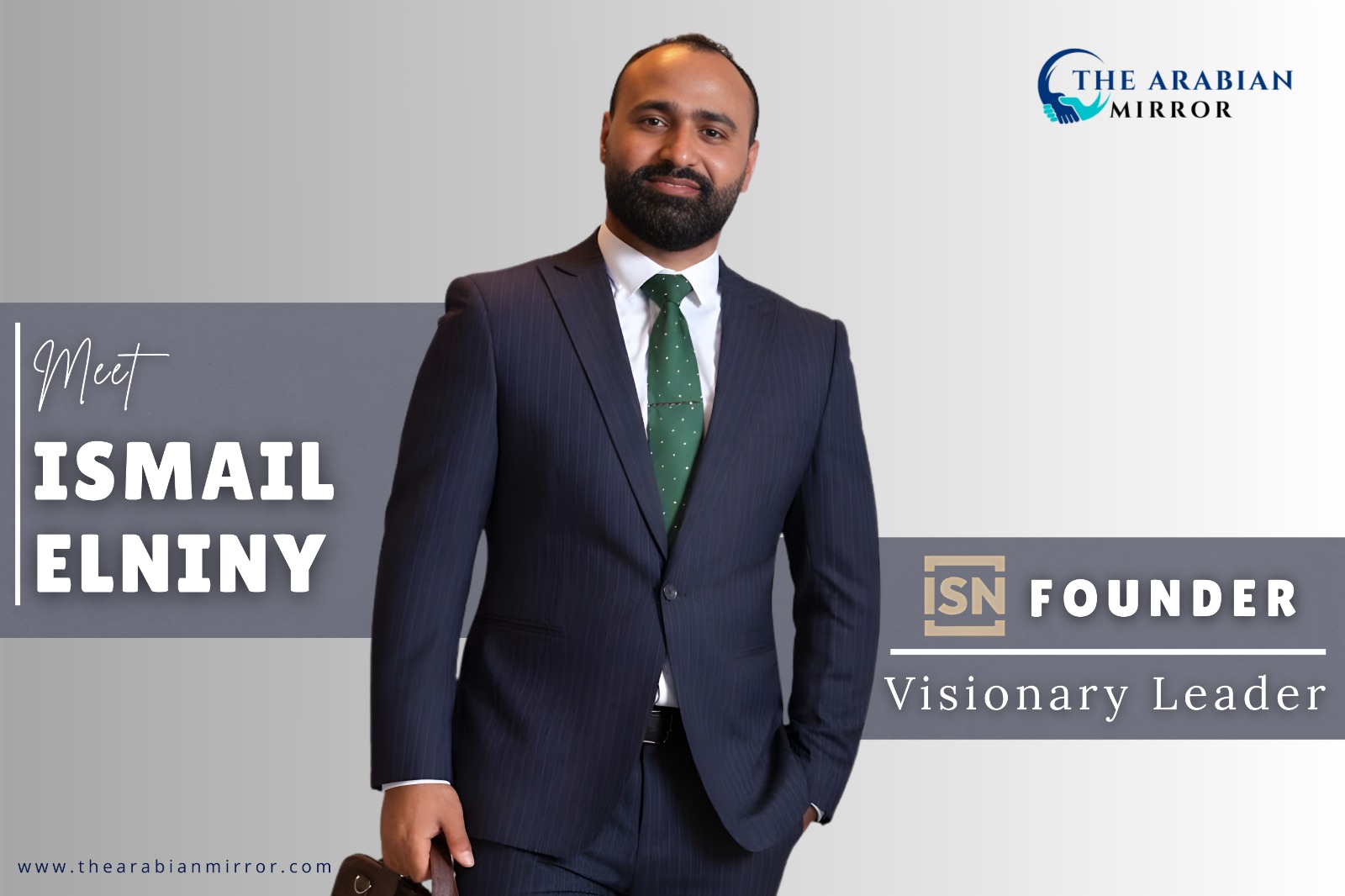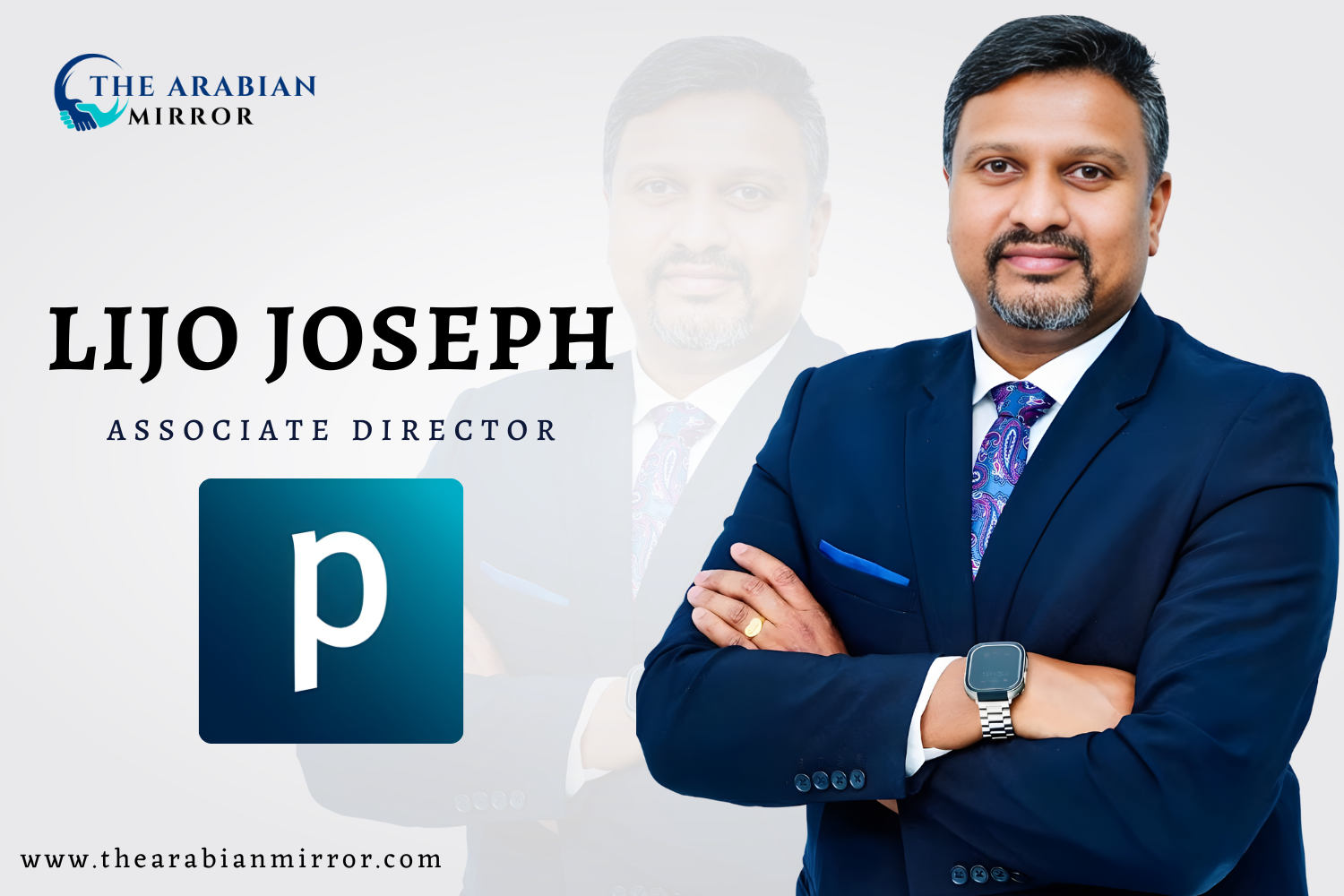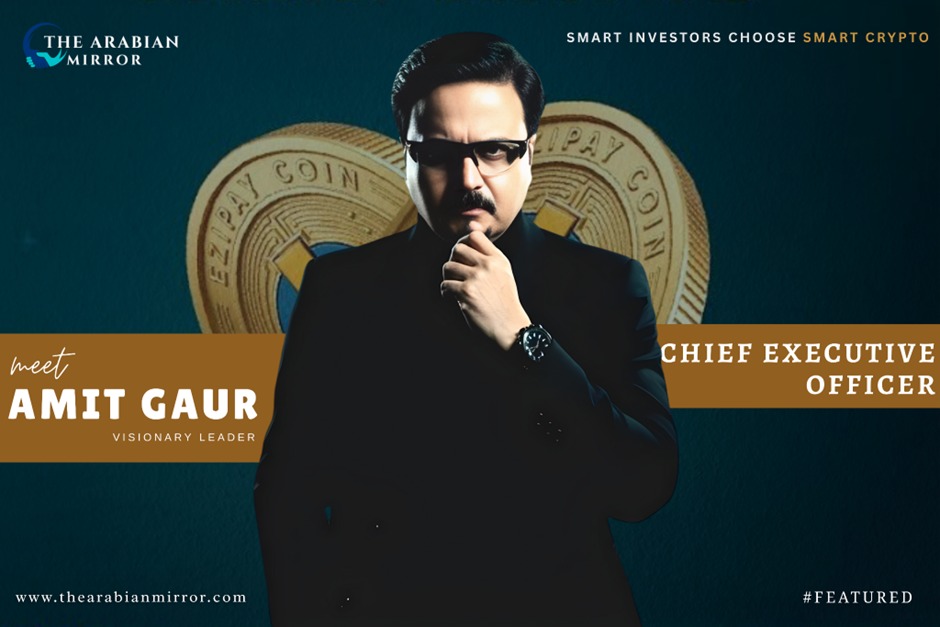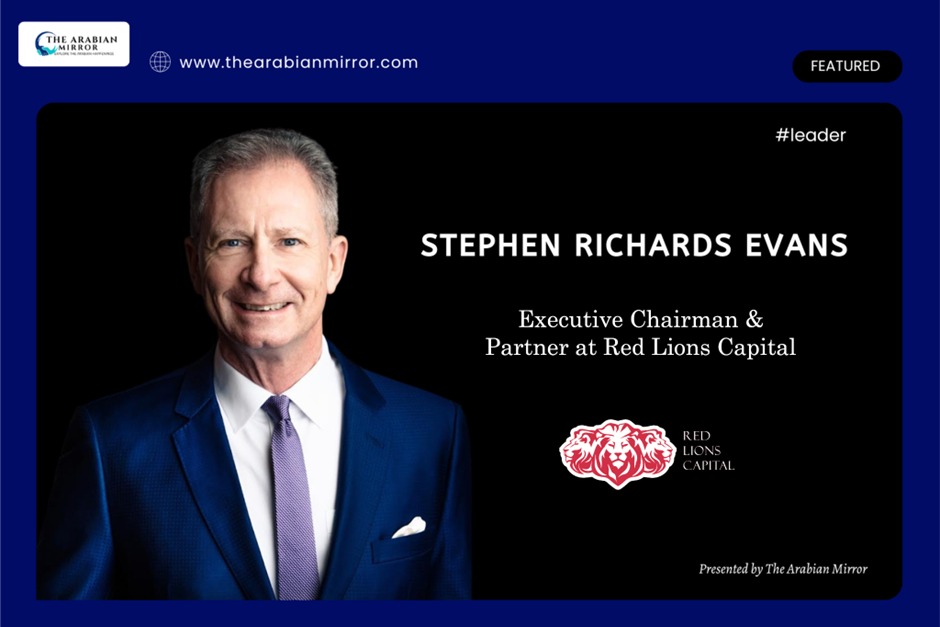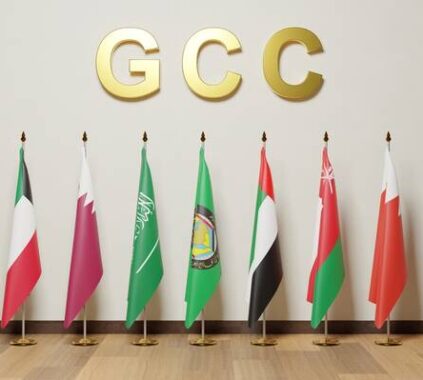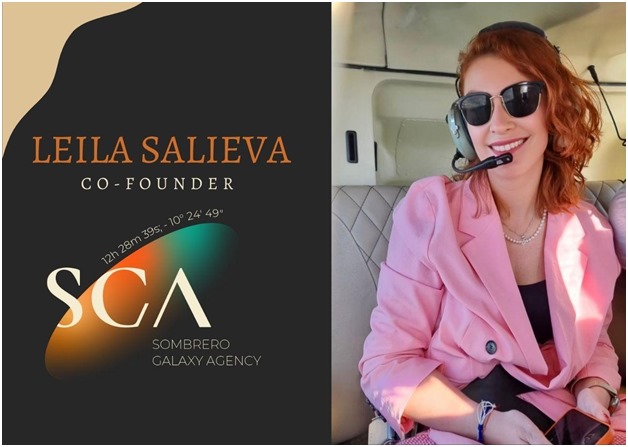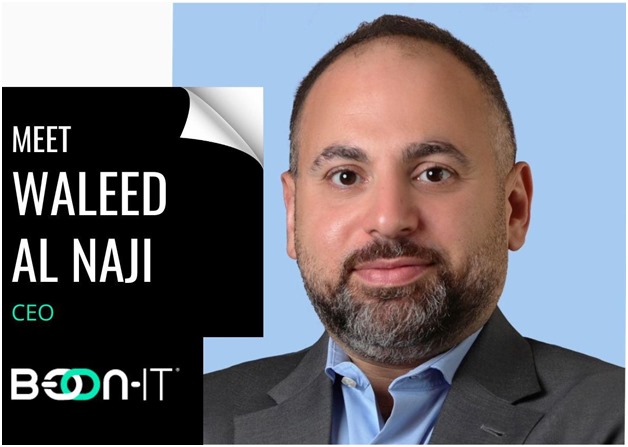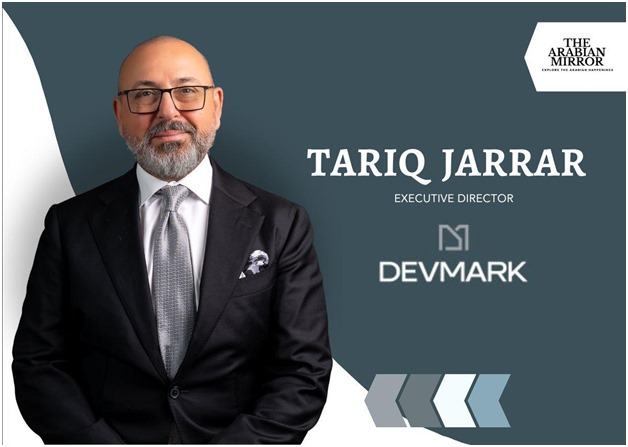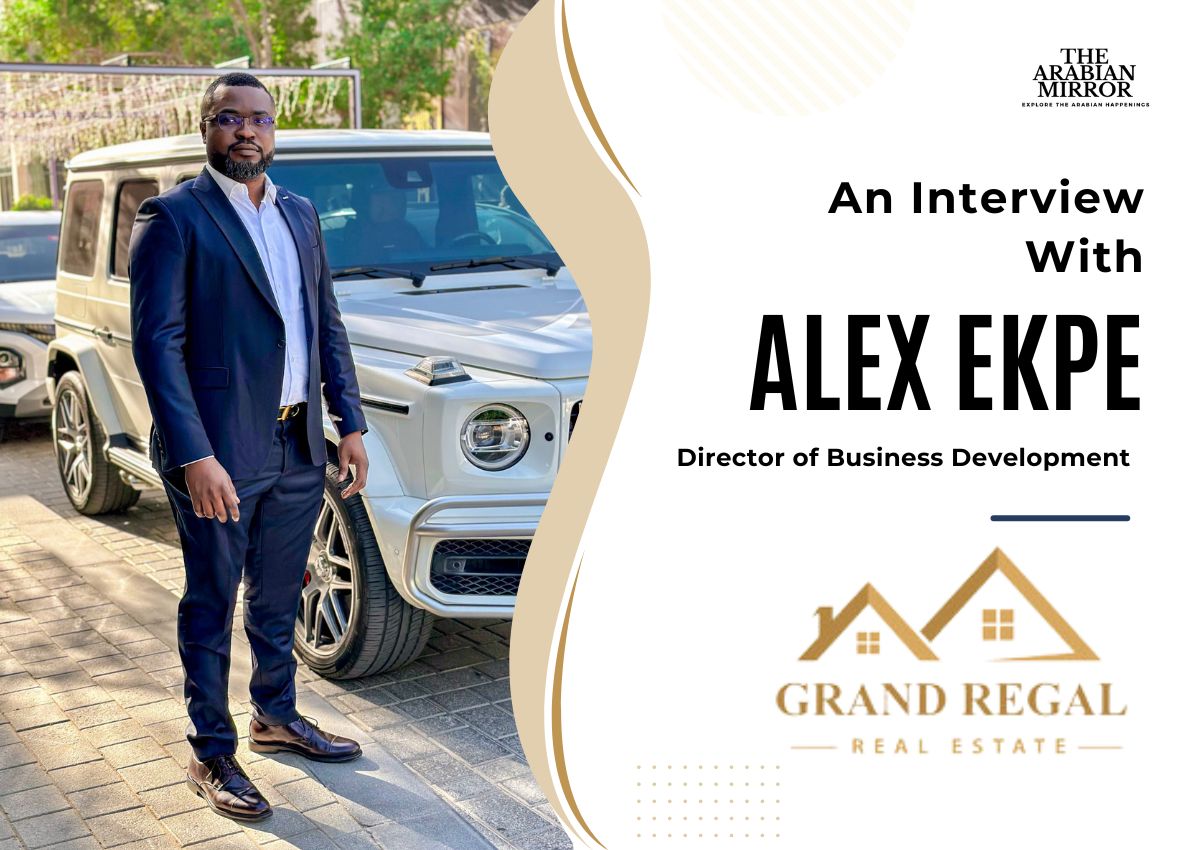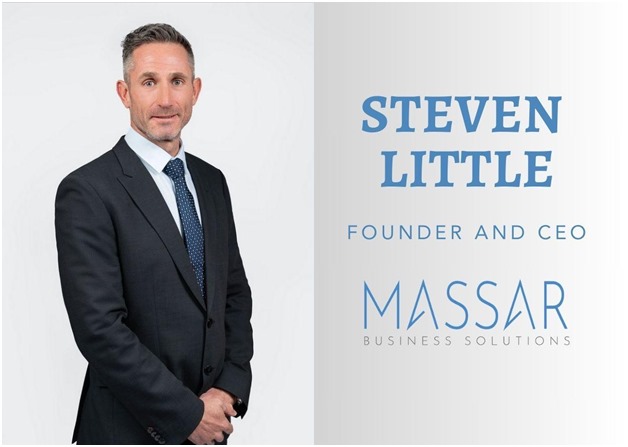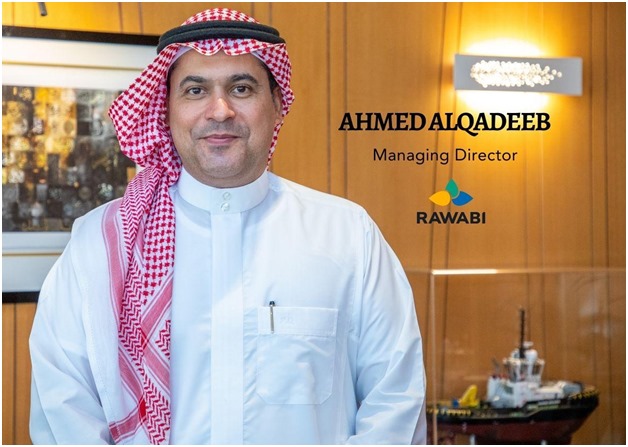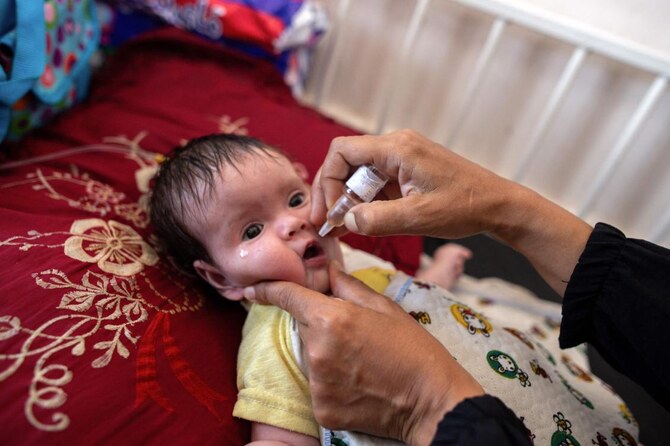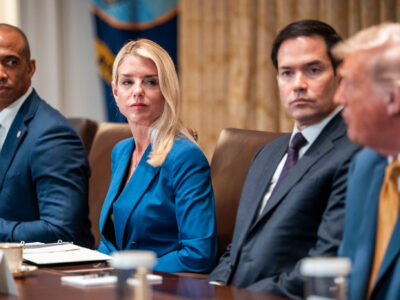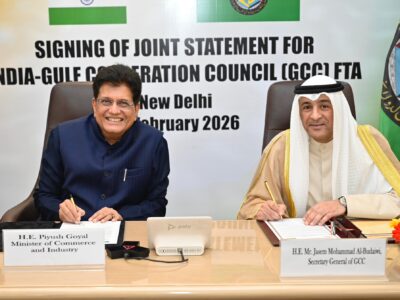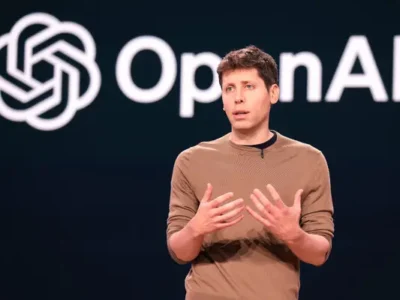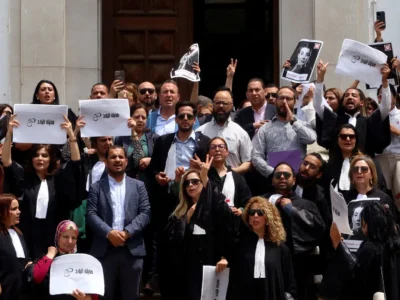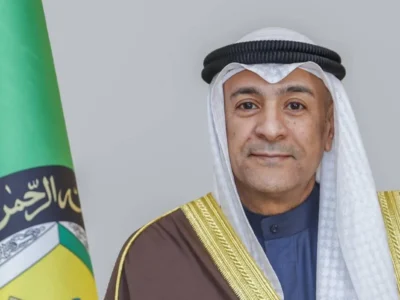A visionary leader and educator, Dr. Gayatri Narasimhan is committed to transforming lives through education and empowerment. As the Founder and Director of Prakramika Vocational Institute (PVI), Dr. Gayatri Narasimhan leads initiatives to provide specialized skill development courses, vocational training and support services for individuals with special needs.
With expertise and background in special education and a passion for inclusive learning, Dr. Gayatri Narasimhan has dedicated her career to creating opportunities for neurodivergent individuals. With her innovative approaches including unifying pathways, Career Pro, and similar others, along with a deep understanding of diverse learning needs, she has earned her recognition as a trailblazer in this field.
Empowering Lives Through Inclusive Education
Dr. Gayatri Narasimhan, an advocate for inclusive education and an educator, dedicates her life to transforming the lives of neurodivergent individuals. Her journey into the field of special education began with a blend of curiosity, compassion, and a pivotal moment in her family’s life that helped her realize the importance of understanding and supporting neurodivergent needs. “Although my professional background started in software engineering and marketing management,” Dr. Gayatri Narasimhan reflects, “my true calling emerged in special education, leading me to earn a postgraduate degree in Psychology and a Doctorate in Special Education, among other specialized certifications.”
With a Bachelor’s in Chemistry from Anna Adarsh College for Women, Chennai and a Post-Graduate Diploma in Marketing Management from Loyola Institute of Business Administration, Chennai, Dr. Gayatri Narasimhan believes this foundation in both scientific and managerial disciplines has equipped her with a unique, multidimensional approach. Dr. Gayatri Narasimhan shares, “Driven by the vision of creating adaptive and inclusive learning environments, I pursued extensive training, including certifications in specific learning disabilities, Montessori training, and therapeutic disciplines like yoga and sensory therapy. My qualifications as a POSH (Prevention of Sexual Harassment) Practitioner and Internal Committee Specialist have further allowed me to address workplace grievances sensitively and professionally, fostering safe, inclusive environments.”
Over a decade and half of experience in teaching, counseling, and vocational training has cemented her commitment to a holistic model of support. Sharing about her various roles in inclusive education, Dr. Gayatri Narasimhan mentions, “As a Special Educator, I teach children with various learning disabilities, making learning adaptable and accessible. My work as a Handwriting Specialist focuses on modifying handwriting techniques to meet the needs of children with learning disabilities. As a Vocational Trainer, I offer skill-based training tailored to empower special needs individuals to lead independent lives. I incorporate therapeutic practices as a Yoga Therapist and Sensory Therapist, using techniques that calm, comfort, and reduce unwanted behaviors, addressing sensory issues to help children interact with their surroundings confidently.
Additionally, my role as a Counselor involves guiding individuals and families through behavioral modifications and stress management, easing the unique challenges they face. My certification as a POSH-IC Specialist allows me to handle workplace complaints with empathy, and as a Certified Social Worker for Transgender Rights, I advocate for transgender empowerment, underscoring my broader commitment to equality and inclusivity.”
Prakramika Vocational Institute (PVI) in Chennai was established by Dr. Gayatri Narasimhan in 2015 to impart certified courses for neurodiverse people globally. PVI nurtures a culture that helps individuals find and explore all their abilities. As the founder of an institute, she has experienced the transformational power of inclusive education. Her journey is a reflection of her commitment to fostering an inclusive society and making a positive impact within the communities and beyond.
Beyond Conventional Academics: A Holistic Approach
Dr. Gayatri Narasimhan believes that the primary objective of special education should be to empower neurodivergent individuals to lead independent, dignified lives by providing them with quality, personalized education and skills that cater to their unique strengths and abilities.
Dr. Gayatri Narasimhan responds, “Special education should go beyond traditional academics, focusing on holistic development, vocational skills, and social integration to help neurodiverse individuals fully participate in society.
At PVI, we operate with this philosophy at our core. PVI is a social enterprise dedicated to addressing the educational and training needs of neurodiverse individuals across a broad spectrum of conditions, offering them the freedom to explore, learn, and grow at their own pace. Our goal is to provide certified vocational training and skill development courses that not only equip our students with practical skills but also build their confidence and sense of self-worth.”
Through PVI’s online, free-of-cost Skill Development programs, people can access more than 22 modules globally. The Institute also extends its support to parents, caregivers, and educators, equipping them with strategies to create nurturing environments and establish vocational centers, serving as a bridge to the workforce. Moreover, their strategic alliances with placement companies ensure that students have access to internships and job opportunities that perfectly align with their skills and aspirations.
“PVI also actively advocates for inclusion, working with industry leaders and government officials to create awareness and push for a society where neurodiverse individuals are valued and integrated. We believe in the power of community support, and the recognition from esteemed leaders, including our Honorable Prime Minister, Shri Narendra Modi, fuels our commitment to fostering inclusion and empowerment. In essence, special education should aim to build an inclusive society where every neurodivergent individual is respected, supported, and given the tools to succeed. And at PVI, we are committed to making this vision a reality, both in India and beyond, by creating pathways for independence, workplace inclusion, and holistic growth.” Dr. Gayatri Narasimhan shares.
Innovative Initiatives By PVI
When it comes to special education, Dr. Gayatri Narasimhan has proposed several groundbreaking ideas, each designed to enhance inclusion, empowerment, and meaningful social integration for neurodivergent individuals. At PVI, the approach is highly focused on creating structured, impactful programs that not only prepare neurodivergent individuals for the workforce but also foster a society where diversity is respected and celebrated.
Dr. Gayatri Narasimhan shares, “Some of the key initiatives that exemplify our commitment to transformative education are firstly skill development programs at PVI. At PVI, we offer tailored skill enhancement programs for neurodivergent individuals, designed to meet their needs. These courses are practical and job-centered, including but not limited to digital skills, office management, creative arts, and hospitality. Our major aim is to train learners in skills that are relevant to their professional practice.
Moreover, our flagship program, Career Pro, is a two-year initiative offering specialized training to enhance unique strengths and align neurodivergent individuals with suitable career paths. By aligning their skills with career opportunities, we bridge the gap between neurodivergent talent and the demand for a diverse, inclusive workforce. With targeted guidance, career counseling, and hands-on experience, participants gain job skills, confidence, and self-reliance, bridging the gap between neurodivergent talent and the demand for a diverse workforce.”
Additionally, PVI’s Foundation Module serves as an introductory one-year course that builds essential skills required for any professional environment and includes training in areas such as interdepartmental communication, interview techniques, proficiency with Microsoft Office tools, basic design principles, typing skills, and even physical fitness.
Dr. Gayatri Narasimhan further adds, “Recognizing the critical need for a standardized approach to special education, we also created INVAS – Integrated Curriculum for Vocational and Skill-Based Education. It is an innovative framework that aims to bring consistency and measurable outcomes to the education of neurodivergent individuals across the nation. For parents of neurodivergent children, moving to a new city often presents a major challenge: there is no standardized curriculum, making it difficult to ensure continuity in their child’s education. Similarly, companies that wish to hire neurodivergent individuals often struggle to assess their qualifications due to the variability in educational standards.
INVAS offers a comprehensive curriculum across 13 focus areas, covering a range of skills, covering from basic to advanced levels. This framework enables teachers, parents, and employers to gauge progress accurately, while also preparing neurodivergent individuals for professional life. By aligning learning outcomes with job readiness and practical skills, INVAS creates a level playing field, empowering individuals to achieve their educational and career aspirations with confidence, independence, and a sense of fulfillment. With INVAS, our vision is to create a level playing field that empowers neurodivergent individuals to achieve their educational and career aspirations without facing inconsistencies or roadblocks.”
“And through Unifying Pathways – One School, Many Abilities, we advocate pioneering a truly inclusive model that brings neurodivergent and neurotypical students under one educational roof. Inspired by the inclusive philosophy of the ancient Gurukul system, this project redefines the concept of mainstream education, transforming regular schools into inclusive hubs where all students, regardless of their abilities, learn, grow, and interact together. This inclusive model is grounded in the belief that every student, whether neurodivergent or neurotypical, deserves an equal opportunity to thrive academically and socially.
It is not just an educational model—it is a paradigm shift that fosters empathy, societal acceptance, and mutual understanding among students from different backgrounds. The Unifying Pathways program aims to integrate neurodivergent individuals into mainstream education, promoting diversity and celebrating unique strengths. By using a standardized curriculum, we ensure consistency in education quality for all learners, accommodating different learning styles and paces. This inclusive framework fosters a society that values equal educational opportunities and supports personal and academic growth. The program promotes measurable outcomes, creating a more empathetic and diverse future generation. Through this inclusive framework, we are building a foundation for a society that values every individual and recognizes the importance of equal educational opportunities.” Dr. Gayatri Narasimhan mentions.
These initiatives represent PVI’s commitment to transforming special education from a segmented, isolated field into a holistic, inclusive endeavor. PVI believes that with the right support, neurodivergent individuals can lead independent, dignified lives and make significant contributions to society. By addressing both the educational and practical challenges faced by neurodivergent individuals, Dr. Gayatri Narasimhan and her team are helping to build a world where every person, regardless of their abilities, can find their place, purpose, and potential.
Benefits To Stakeholders With Unifying Pathways
The “One School, Many Abilities” framework under the Unifying Pathways initiative aims to merge regular and special education systems into a cohesive, inclusive model. Dr. Gayatri Narasimhan let us know that this integration goes beyond classroom dynamics, as it sets the foundation for a future that values diversity, inclusion, and empathy at all levels of society. Here’s how this approach uniquely benefits each group and contributes to a more inclusive workforce and a compassionate society in India
Emphasizing the benefits of this program towards a more inclusive workforce and compassionate society in India, Dr. Gayatri Narasimhan reflects, “Unifying schools under this model allows neurodivergent and neurotypical students to learn together, promoting organic social integration and mutual respect from an early age. Neurodivergent students benefit from exposure to a standardized curriculum that includes individualized support, building essential life skills and resilience by engaging all students in shared experiences and fostering empathy, understanding, and appreciation for diverse strengths. These early interactions shape a generation that naturally views inclusivity as the norm, which becomes invaluable in workplaces and communities in the future.
Moreover, unified schools offer educators the training and resources to support different learning styles in one classroom, with standardized goals and curriculum for better assessment and instruction adaptation. This inclusive approach encourages collaboration and professional growth among educators, enhancing inclusive methodologies nationwide. For families, a unified education model provides consistent quality education for neurodivergent children, promoting peace of mind and active participation in their child’s education. This family-school partnership contributes to the overall well-being and social development of children, equipping them with the confidence to transition smoothly into diverse settings as adults.
Dr. Gayatri Narasimhan adds, “Integrating neurodivergent individuals into mainstream education promotes empathy and inclusivity in society. Students who engage with neurodiverse peers develop compassion and open-mindedness, carrying these values into the workforce. The model helps in job inclusion by providing academic skills and social adaptability to neurodivergent individuals from an early age. This approach not only helps the workforce by celebrating diverse contributions but also enhances economic growth by expanding the talent pool and encouraging innovation. Ultimately, promoting diversity in the workforce aligns with India’s economic objectives, improving productivity and competitiveness.
And, from a policy and funding perspective, unified schools streamline resources, making it possible to leverage CSR initiatives and government support more effectively. A standardized curriculum also allows policymakers to set equitable educational benchmarks, ensuring every student, regardless of ability, has the chance to reach their potential. Donors and policymakers can confidently support this model, knowing their resources contribute to a measurable, impactful outcome that supports India’s mission of inclusivity.”
In essence, by cultivating empathy, promoting inclusivity, and encouraging shared learning experiences, the Unifying Pathways model lays the groundwork for a workforce and society that values all individuals. It contributes to a future where India’s institutions, workplaces, and communities embrace diversity as a core strength, establishing the nation as a global leader in inclusive education and job practices.
Support From The Society
To achieve the overall objective of creating an inclusive, skill-based educational ecosystem under the “One School, Many Abilities” framework, support from various sections of society is essential. Firstly, legislative and policy support is crucial for integrating regular and special education systems. Policies that promote inclusive education, provide funding for training educators, and support curriculum standardization are fundamental. Additionally, government initiatives can help facilitate infrastructure upgrades in schools to accommodate diverse needs and ensure that every student has equal access to learning resources. Policymakers can also champion inclusive hiring practices to create meaningful job opportunities for neurodivergent individuals, paving the way for a more inclusive workforce.
Dr. Gayatri Narasimhan responds, “Also, the active participation of corporations is crucial in addressing the needs of neurodivergent persons through the establishment of skill enhancement programs supported by CSR initiatives. Corporations can sponsor, offer resources, and mentor individuals to enhance employability. It is equally important to adopt inclusive recruitment strategies so that neurodivergent candidates are not given tokenistic jobs. Educational collaboration is also very important for executing the inclusive frameworks and for therapy training which help in meeting the diverse needs of students, ensuring every student is catered for.
NGOs and community organizations, particularly those focused on disability advocacy and education reform, can provide vital support to this cause. They can offer resources, facilitate community awareness programs, and advocate for inclusive policies. Collaboration with NGOs, both in India and globally, enhances the reach and impact of the unified educational framework, ensuring more widespread access to support and opportunities for neurodivergent individuals.”
In today’s world, media platforms and influencers have the power to shape public perception and drive awareness around the importance of inclusion and skill-based education. By sharing stories of neurodivergent people, and how special schools can be established, media can bring about a change towards empathy and acceptance. Families and local communities are the foundation of a successful inclusive education system. So, inclusive attitudes and acceptance of neurodivergent individuals can be encouraged by families and communities as well.
Support from international organizations can offer technical assistance and financial resources necessary for inclusive education policies like the “One School, Many Abilities” model. This support not only strengthens the local impact but also contributes to global awareness and progress in inclusive education and job opportunities for neurodivergent individuals. Dr. Gayatri Narasimhan believes that by combining efforts from all sections of society, they can establish a sustainable model that promotes empathy, inclusivity, and skill development. This unified approach not only empowers individuals with diverse abilities but also strengthens India’s social fabric, creating a future where everyone has the opportunity to contribute meaningfully to society.
Follow Dr. Gayatri Narasimhan on LinkedIn, Twitter, Instagram, and Facebook.
Find Prakramika Vocational Institute (PVI) on YouTube, and Facebook, and visit their website www.prakramikavocationalinstitute.com
Also Read: Being The Voice Of Digital Transformation With DxTalks: Rudy Shoushany
Exploring Creativity And Designing Exceptional Spaces With A-LINE DESIGN: Aline Matar & Issam Mhanna
